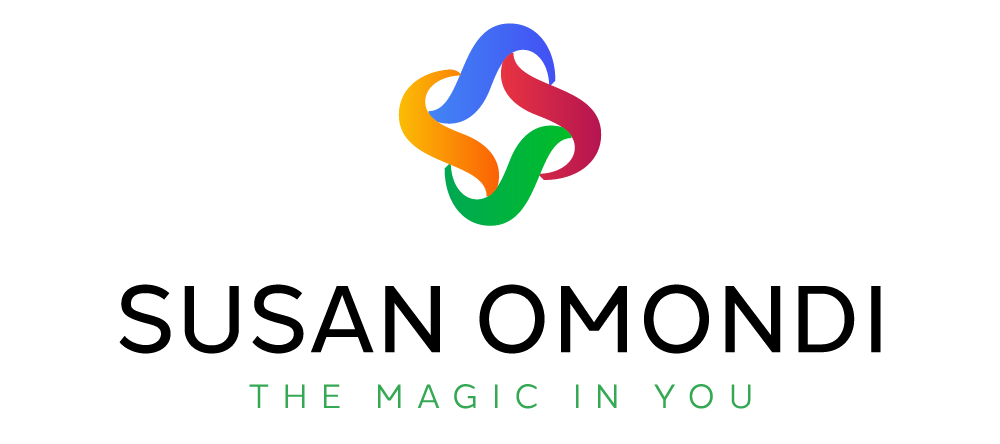
I AM YOUR BIGGEST SUPPORTER
April 28, 2024
DIVERSITY IS WHEN WE ALSO THINK OF THE CHILDLESS TODAY
May 12, 2024… (sobbing). What have we done to God, Claude?”
Do you know this quote from the movie “Monsieur Claude and his daughters”?
My family and I love this movie. At this point we laugh on the one hand (very well played), on the other hand we know that these things really happen. It is a renewed invitation for us to deal with our own prejudices.
“I don’t”, I used to think too… “Only the others have prejudices.” Since I also address this in my book, many tell me about their stories.
Like in this story from Switzerland, for example.
My colleague, we call him Hans today, grew up with the conviction that his family was cosmopolitan. After all, his parents were in various countries for professional reasons. Until one day he introduced his girlfriend from Tanzania. His father’s look let him know that he was also asking himself: “What will our grandchildren look like?”
Hans’s world was confused. He never expected such an attitude from his “cosmopolitan” father. Today, Hans and his wife have 2 children and were able to learn that acceptance from afar sounds easy until you are really confronted with it. His father commented on this years later and was himself shocked by his own prejudices.
This is Han’s story.
Three years ago, my cousin announced her wedding. We call them Zari here. Zari is a Luo like me. Zari has been in London for many years and met Luke there. Luke is a Kikuyu. As you can imagine, there are
there are also assumptions within a nation that make it difficult to coexist.
But not for Zari and Luke.
My uncle, Zari’s father, was overwhelmed when he heard that Luke was a Kikuyu. As tradition dictates, both sides of the parents had to get to know each other and say a formal YES before Zari and Luke got married.
Instead of a party, there was a real confrontation with fears from both sides of the parents. The parents at least had the courage to ask each other: “Is it true that the Luos are such and such?” and “Is it true that the Kikuyus are such and such?”
How easy is it to believe that we are free of hashtag#Bias until we are confronted with it very closely? Wanting the best for someone is sometimes entangled with deep prejudices.
In both stories, I personally saw a transformation. Zari, Luke, Hans and his wife have built bridges. The parents each dealt with their own prejudices and expressed them out loud.
It may be frightening when someone names their concerns. I see it positively. Then you know where you stand and where you can start. It is an invitation to re-examine the values in one’s own family and beyond.
How do you see that?
Do you have similar stories?
